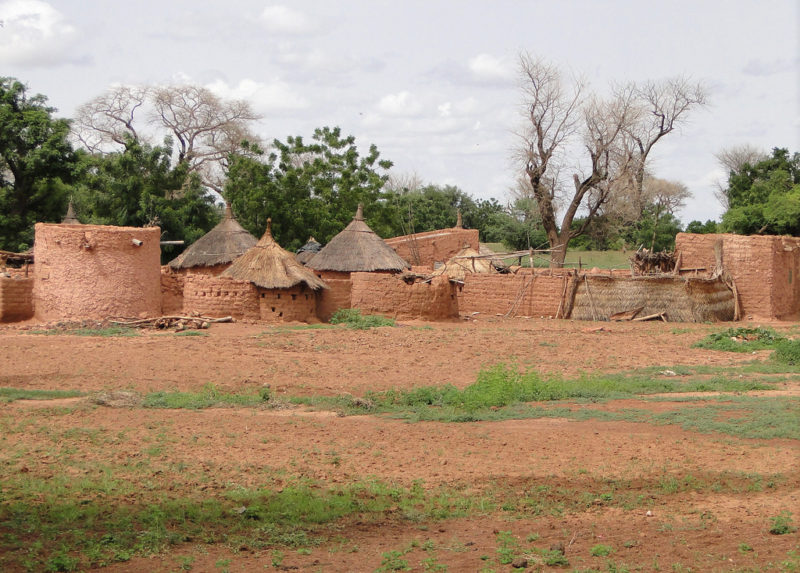- About
- Topics
- Picks
- Audio
- Story
- In-Depth
- Opinion
- News
- Donate
- Signup for our newsletterOur Editors' Best Picks.Send
Read, Debate: Engage.
| topic: | Renewables |
|---|---|
| located: | Nigeria, Angola, United Arab Emirates |
| editor: | Bob Koigi |
Before COP28 in Dubai this year, over 4,000 young people and 50 scientists from 50 African countries passionately urged their leaders to participate more actively in accelerating a fair transition towards clean energy while rejecting dirty energy sources like fossil fuels. They firmly believe that this would be the most effective solution for Africa.
In a continent where over 600 million people have no access to electricity and close to 900 million lack clean cooking fuels and technologies despite being surrounded by renewable natural resources like sun, wind and biomass, the debate about energy sources attracts immense interest.
Yet when the curtains came down on COP28, reactions over how practical and possible it would be to translate that call to action were as varied as the participating delegates.
For the first time, and in the event of such global stature in a petrostate, the debate about fossil fuel made it to the various discussions, a landmark step.
Yet that is as far as it went. There are still discourses and divides about how exactly the transition from fossil fuel will happen and how to finance the transition and hold the polluters to account more accurately.
For the African leaders at COP28, the decision to phase out fossil fuels and walk the clean energy transition journey has been varied and heated. One of the issues that came up was the energy poverty question. Most of the African population remains unconnected to national grids and relies on these fossil fuels for energy, jobs and income. Moving them away from this kind of life would require heavy financial investment, a move that most countries on the continent say they are not equipped to handle.
Oil-dependent countries like Nigeria and Angola, where governments derive up to 90 per cent of revenue from fossil fuels, have consistently opposed the complete transition, arguing that it would significantly affect their economies.
The African Union, on the other hand, has been advocating for a gradual transition to renewables to meet the rising growing demand. The bloc argues that in the short term, non-renewable sources still play a crucial part in powering the continent.
As the continent walks the tight transition rope and retreats post-COP to reflect on the outcomes of the deliberations, the onus is on all parties, governments, private sector players, civil society, and multinationals to ensure that moving to clean energy space leaves no one behind and that the transition ultimately happens for the sake of people and planet.
Image by Yolande Conradie.

